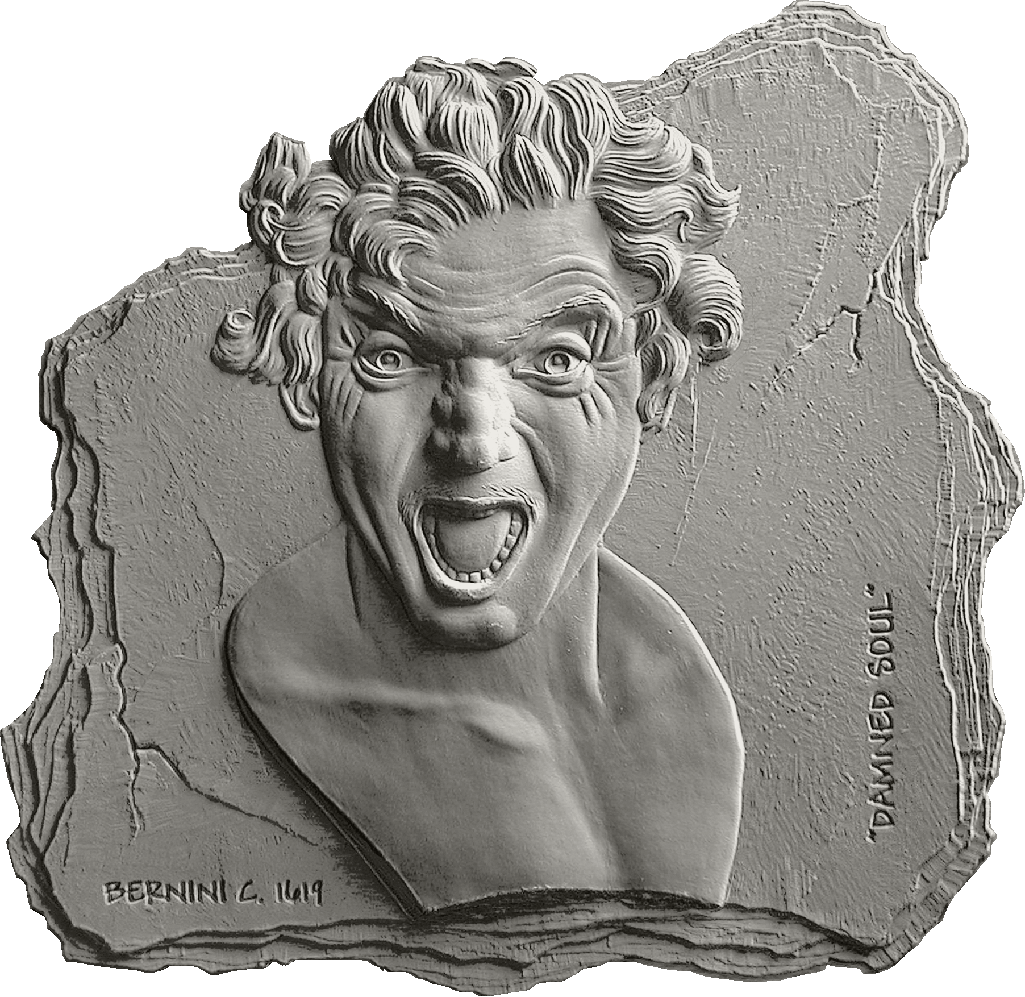EMBOSSING DIES |
By incorporating various edges and levels, plus contouring and texturing in the die, a 3D bas-relief embossing and debossing is created on press. There are many different papers and card stocks that can be used for the variety of products utilizing the embossing process. Some designs, especially those involving type, commonly use beveled edges to create the different levels of embossing. Because of the many possibilities please consult with us and your printer before involving the embossing process in your project. View our “Depth and Bevel Guide” to see what is possible. To easily communicate the desired 3D effects and see a visual guide you can view our “Basic Shapes for Embossing and Debossing” for reference.
BRASS
Brass dies are the most versatile due to the metal alloy's adaptability to etching, machining and/or hand sculpting, plus having the hardness needed to withstand thousands of press impressions. They are priced by the artwork size and complexity of the 3D modeling of the client’s art. Also, when the economics of the job dictate utilizing both foiling and embossing using one die on one press run brass dies are primarily used. Another plus for brass dies is that in some cases die life can be extended because they can be economically reworked for use on additional press runs.



ARTIST INTERPRETATION
In most cases, we can interpret a two-dimensional artwork file into a three-dimensional sculpture. When preparing material for full-dimensional sculpted dies, send anything showing authenticity, detail, and the correct angle of the subject to be used.








COPPER
The etched copper dies are commonly used for flat stamping or single level embossing or debossing. When transferring foil to an appropriately smooth or coated stock copper dies can reproduce extremely fine detail such as micro-embossing or special effects, patterns or holograms. They are priced by the square inch of the image area, including the base metal necessary for mounting purposes and for additional etching due to complexity.

DIGITAL PROOF
For collaboration we offer 3D simulations as a way to preview our sculptural interpretation before making the die. From the original artwork (fig. 1) we will make a 3D simulation (fig. 2) that can be emailed and approved. After approval the simulated image will be machined into brass (fig. 3) die resulting in a finished (fig. 4) printed label that matches the simulation.




3D SIMULATIONS
Watch our short video on how we process artwork, maintain digital files and create simulations. Once a simulation is made, we can preserve the files for creating multiples of the same image for our dies, or we can add, delete and edit details.

